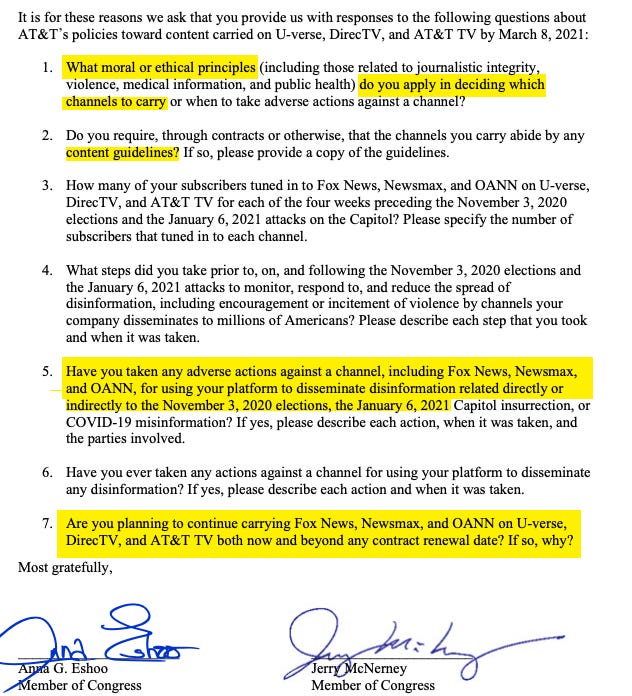opendemocracy | Neoliberalism was the form of capitalism that came, chronologically, after colonialism, driving markets back into the public sectors of the former colonial powers, allowing capital to monetise and extract wealth from their soft underbellies. Surveillance capitalism, led by the data giants, is taking its place.
As academic and writer Shoshana Zuboff has argued, under surveillance capitalism, the new biggest companies on the planet make money from drilling markets into our souls. Facebook, Google and Amazon profit by turning each of us into an individual cell of their vast, multidimensional spreadsheets, and pinning us into these corners with endless streams of advertisements telling us who we are and what we need to buy to make us whole.
As cultural politics lecturer Ben Little points out to me, it shouldn’t be any surprise that people respond to a breed of capitalism that exists to sell them new versions of their own identities by pushing back, by insisting that that’s not who they are, nor what it means to be who they are.
Data giants, Little says, want our identities to be hard, static and regimented, so we “align more neatly with commodities”. Anything that challenges this, he argues, “becomes a form of resistance not just to traditional forms of conservative hierarchy” but also to the very logic of modern capitalism.
Largely, this resistance isn’t done individually: it’s done through collective exploration and expression. Because while social media tries to profit by selling people versions of who they might be, it also creates opportunities for connections that allow people to discuss and discover other versions of themselves.
Ultimately, identity is never an individual matter. It’s always about how we relate to each other and make sense of society: if I was the only person I’d ever met, I wouldn’t see myself as having a race or a class or a gender. But it’s also about how we’re related to, and made by, society. The construction of how we see ourselves in the world is always an iterative process – Facebook imposes its algorithm and we build our own groups.
And this isn’t new. National identities were largely invented when capitalist printing presses convened communities in the 19th century. Social media allows people to gather from across the planet in their own communities. Gender roles were foisted on people by church, state and capital. More than ever, we are getting together and reinventing them. The class system was built to facilitate control, and racial hierarchies to justify empire, and people like the Common Sense Group feel a deep sense of moral panic when these identities are prodded, poked and pulled apart.


